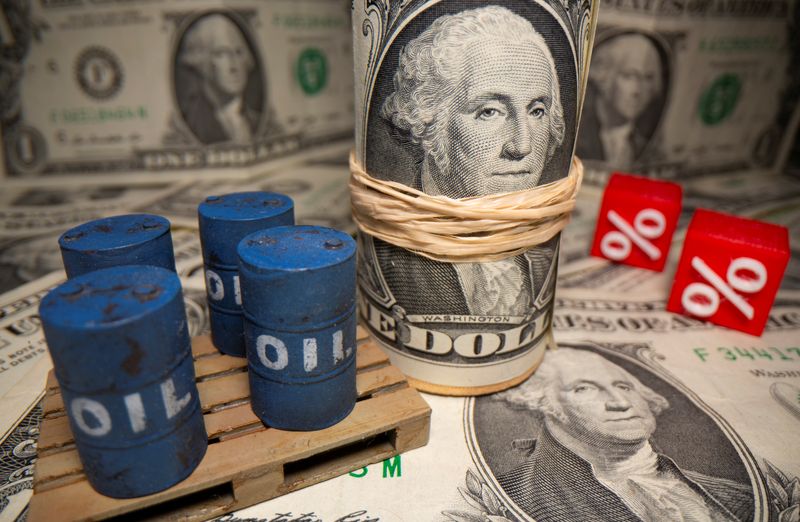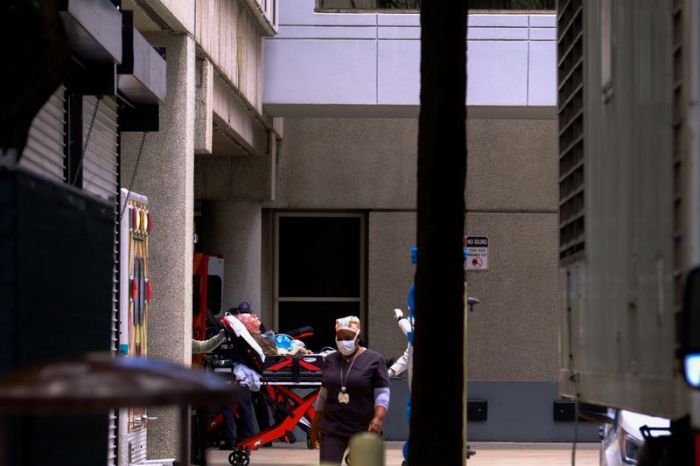NEW YORK (Reuters) – Crude prices fell for a fifth day on Wednesday, as investors remain worried about the outlook for fuel demand as COVID-19 cases surge worldwide just as more supply reaches the market from large global producers, including the United States.
Oil benchmarks have been under pressure for the last few weeks due to the rise in infections caused by the Delta variant of the coronavirus worldwide. Several countries have re-introduced travel restrictions and air traffic has softened in recent weeks.
Minutes of the U.S. Federal reserve’s July 27-28 policy meeting showed officials noted the spread of the Delta variant could temporarily delay the full reopening of the economy, and restrain the jobs market.
Brent crude ended down 80 cents, or 1.2%, at $68.23 a barrel. The global benchmark has lost 11% in the last 13 trading days dating to the end of July. U.S. crude futures settled down $1.13, or 1.7%, to $65.46 a barrel.
U.S. crude inventories fell 3.2 million barrels last week to 435.5 million barrels, their lowest since January 2020, according to U.S. Energy Department figures. [EIA/S]
Gasoline stocks, however, rose modestly, and gasoline product supplied to the market – a measure of demand – was 9.5 million barrels per day, just 1% below 2019 levels.
Fuel demand in the world’s top consumer has steadily increased throughout the year with the four-week average of overall U.S. product supplied was 20.8 million bpd, in line with pre-coronavirus levels from 2019.
Although weekly production figures are volatile, analysts noted that U.S. crude output continued its steady rise, hitting 11.4 million bpd last week.
That has come just as the Organization of the Petroleum Exporting Countries, along with allies like Russia, agreed to raise output by 400,000 bpd every month for the next several months, returning some of the supply the group has held back since early 2020.
“In combination with the weaker demand outlook, and in combination with OPEC saying they were going to add, U.S. supply is beginning to creep up,” said Al Salazar, vice president of intelligence at Enverus in Calgary.
The International Energy Agency last week said that demand for crude oil was expected to increase at a slower rate over the rest of 2021 because of surging cases of the Delta variant.
Also bearish for the markets in the longer term, a U.S. offshore regulator on Wednesday said efforts to resume a federal oil and gas leasing program were underway and would soon bear results following a court decision ending a suspension.
(Reporting by David Gaffen in New York; additional reporting by Laura Sanicolain New York, Aaron Sheldrick in Tokyo and Dmitry Zhdannikov in London; Editing by Marguerita Choy)

























